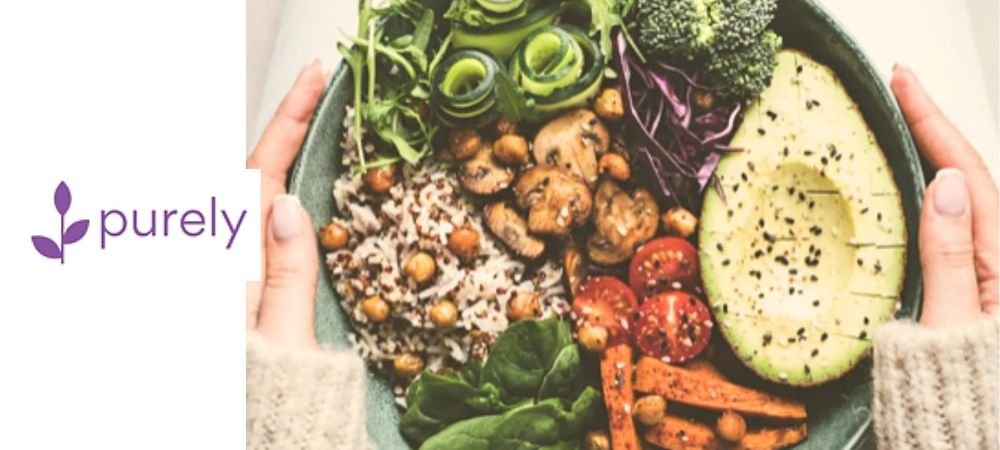Beautiful skin and better health through an Anti-Inflammatory Diet : Purely Natural Skincare

The latest scientific research reveals that inflammation is the primary cause of many unwanted symptoms, such as skin and digestive problems, mood and cognitive disorders, fatigue, brain fog, as well as arthritis, muscle problems, allergies, and headaches. Chronic inflammation may even lead to more serious diseases, so maintaining a healthy diet plays a significant role in managing inflammation in our bodies. The good news is that we can naturally reduce the level of inflammation in our bodies through an anti-inflammatory diet plan.
Anti-inflammatory diets focus on foods that help reduce inflammation, improving overall well-being, and lowering the risk of chronic diseases. They are rich in many vital nutrients such as:
Antioxidants: Vitamins C and E, Beta-Carotene help neutralise free radicals in the body, reducing inflammation and protecting against cell damage.
Anti-inflammatory Properties: These can help regulate the body’s inflammatory response and reduce the risk of chronic diseases associated with inflammation.
Fibre: Promotes digestive health, regulates blood sugar levels, and supports a healthy gut microbiome, reducing inflammation in the gut and improving overall gut function.
Vitamins and Minerals: Magnesium, Zinc, Copper, as well as vitamins B and K, play vital roles in muscle function, energy production, bone health, immune function, and blood clotting.
Plant-Based Protein: Essential for tissue repair, muscle maintenance, and immune function, all important for overall health and inflammation control.
Healthy Fats: Omega-3 fatty acids have anti-inflammatory properties and can help reduce inflammation throughout the body.
What Foods Are Known to Reduce Inflammation?
Vegetables: Avocado, Mushrooms, Broccoli, Cauliflower, Cabbage, Tomatoes, Brussels Sprouts, Carrots.
Fruits: Grapes, Apples, Plums, Blueberries, Strawberries, Raspberries, Cranberries, Kiwi Fruit, Lemons, Oranges, Pineapple.
Leafy Greens: Spinach, Celery, Lettuce, Kale, Chard.
Nuts and Seeds: Almonds, Walnuts, Flax, Chia, Hemp, Sesame, Pumpkin, Sunflower Seeds.
Spices: Turmeric, Ginger, Garlic, Cinnamon, Rosemary, Green Tea.
Legumes: Beans, Lentils, Chickpeas, Peas.
Fermented Foods: Cultured Milk and Yogurt, Kimchi, Tempeh, Sauerkraut, Miso.
Grains: Whole grains such as Buckwheat, Oats, Quinoa, and Bulgur.
Fatty Fish: Salmon, Tuna, Sardines, Mackerel.
Others: Olive Oil, Dark Chocolate, Coffee.
Avoiding inflammatory foods such as sugary drinks, processed foods, refined carbohydrates, and red meat is key to supporting our body’s natural ability to fight inflammation, and stay healthier in the long run.
Additional Tips:
Gradual Changes: Start by adding one or a few anti-inflammatory foods to your meals each week to see noticeable improvements in your overall health over time.
Portion Control: Add smaller portions and focus on filling your plate with nutrient-dense, colourful, anti-inflammatory foods to avoid excess calorie intake.
Chew Your Food: Thoroughly chewing your food aids digestion and nutrient absorption, promoting better digestion.
Raw Fruits and Veggies: Eating them raw or minimally processed preserves their nutrients and antioxidant content, maximising their anti-inflammatory benefits.
If you have any further question, please send me a massage on 022 4735 477

This Post Has 0 Comments